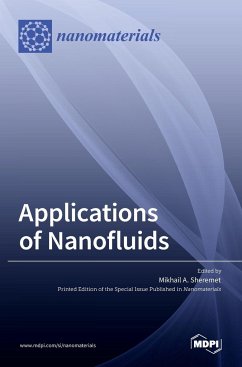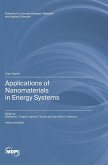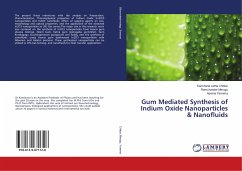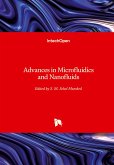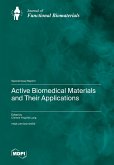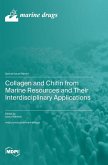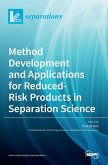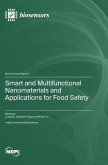Nowadays, the optimization of different engineering devices demands the use of "smart" liquids that have a high thermal conductivity. Such "smart" liquids, known as nanofluids, are the suspension of a base liquid (water, oil, and others), and nanosized particles of metal, metal oxide, or biodegradable polymers. In the case of heat transfer enhancement, the usage of nanofluids allows for increasing the effective thermal conductivity, and as a result, growth of the heat transfer rate is expected. An analysis of the nanofluid applications can be performed using theoretical or experimental techniques. Theoretical methods also include numerical simulations, which have many advantages. At the same time, experimental investigation allows for understanding the considered process, and obtains the necessary data for the validation of the developed mathematical models and numerical methods. The present book deals with numerical, experimental, and analytical analysis of mono- and hybrid nanofluid behavior in various engineering systems.
Hinweis: Dieser Artikel kann nur an eine deutsche Lieferadresse ausgeliefert werden.
Hinweis: Dieser Artikel kann nur an eine deutsche Lieferadresse ausgeliefert werden.

